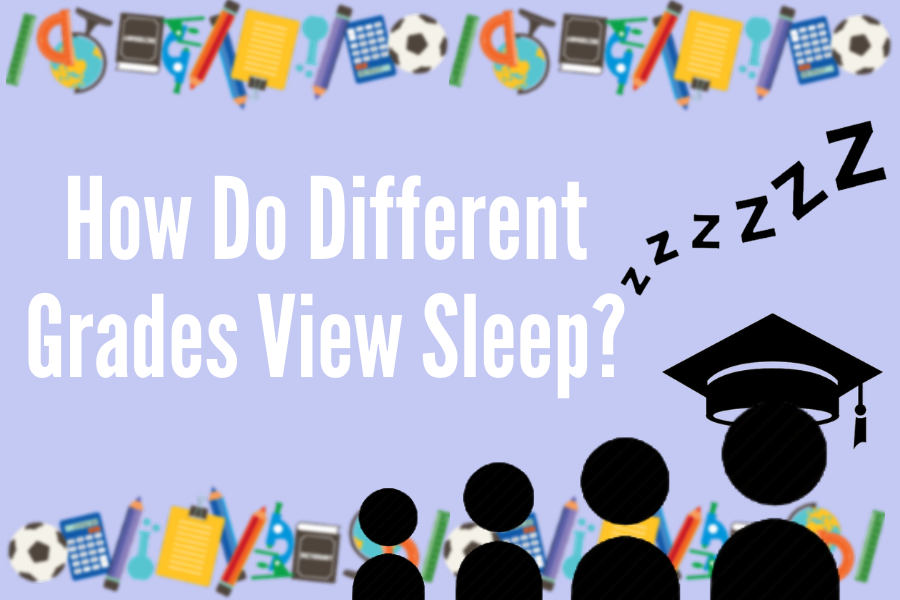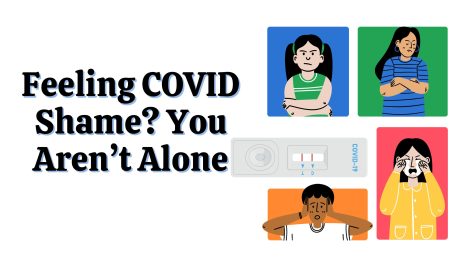How Different Grades View Sleep
Do you consider yourself to be one of the countless teens not getting enough sleep? If so, it might interest you to know that an insufficient amount of sleep can lead to a host of mental and physical disorders. Sleep and mental health are often connected. A lack of sleep has been shown to cause or worsen depression, anxiety, bipolar disorder, etc. A recent study of 979 young adults revealed that insomnia (a chronic inability to sleep) was connected with four times the likelihood of depression, three years after the study was conducted.
What is the Science Behind it?
Proper amounts of sleep, especially REM (rapid eye movement) sleep, (the lightest stage of sleep), sustains the fashion that the brain processes emotional information. While sleeping, the brain works to assess and remember thoughts and memories. When a person does not get enough sleep, it negatively affects the way the brain processes information and emotions. A lack of sleep can prevent the brain from solidifying positive emotional content, thus influencing mood and emotional reactivity. This illustrates why a lack of sleep is connected to mental health disorders.
How does this relate to us, the general population?
It may not come as a surprise that students at Scarsdale High School are often not getting enough sleep. After interviewing a student from every grade on their sleep habits, we discovered that most students, while recognizing the importance of sleep, say they do not get enough of it. A discussion with freshmen Naomi Fischer revealed that she gets about eight or nine hours of sleep every night. However, students in other grades could not claim the same. Sophomore Maya Isak spoke about how balancing sports and school work takes a toll on her ability to get the proper amount of sleep. She said she only gets about six hours per night, even though she would love to get ten. Junior Julia Kent also said that she gets around six hours of sleep. When asked if she believes sleep is important, Julia responded: “Yes, I think so, but it is also hard to get a lot of sleep when I am buried in work every day.” Under the stress of a school year – with standardized testing and wanting to build a good GPA – most students sacrifice their sleep. Senior Sabrina Finegold gets about five and a half to six hours of sleep per day. Sabrina realizes that proper sleep is very important, but making sure that her college applications are submitted is presently her top priority. Most of the other students we interviewed also said they prioritize school over sleep, though they would like to get at least two more hours of sleep each night than they currently do. Homework and studying is not making this possible.
To get a teacher’s perspective on sleep, we interviewed Mrs. Wright, the AT Psychology teacher, who believes that sleep is fundamental for our physical, social, and emotional health. She said that sleep affects many areas of life such as good decision-making, memory, etc. Mrs. Wright also said that she is able to get around seven and a half to eight hours of sleep per night, which she believes is the right amount for her demographic.
Students at SHS are clearly not getting enough sleep. What can be done about it? Some of the more obvious ways are: having a set bedtime and maintaining a better sleep schedule, avoiding caffeinated drinks (soda, coffee, etc.), creating a proper nightly routine, and putting away any electronics around one hour before going to bed. Improving time management and organizational skills also would be effective. There are teachers that often give assignments in advance, and it may be helpful to start them earlier if you know you will have a lot of work from other classes forthcoming. It is similarly important to make sure you have a comfortable mattress and pillow. Nobody will likely get a good night’s sleep on a mattress that feels like cardboard!
Works Cited:
Kingsland , James. “Mental Health: What Role Does Sleep Play?” Medical News Today, MediLexicon International, 4 Aug. 2020, https://www.medicalnewstoday.com/articles/sleep-and-mental-health.
Suni, Eric. “Mental Health and Sleep.” Sleep Foundation, 18 Sept. 2020, https://www.sleepfoundation.org/mental-health.












